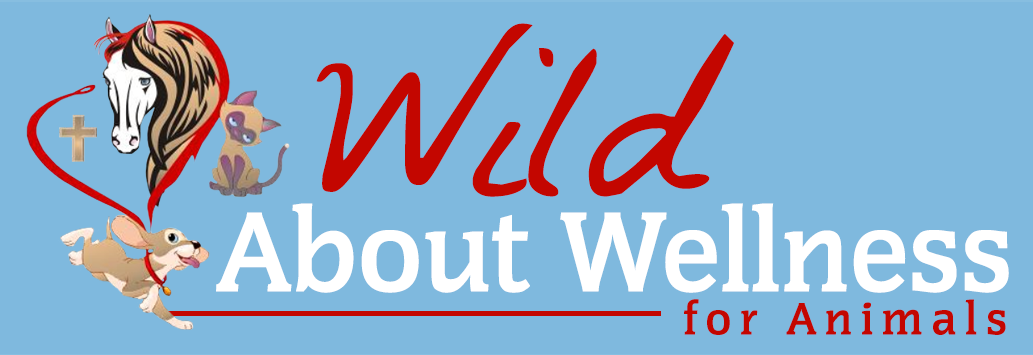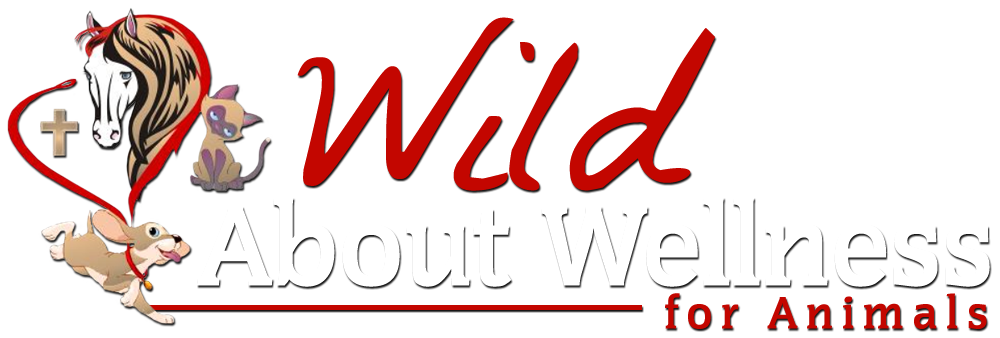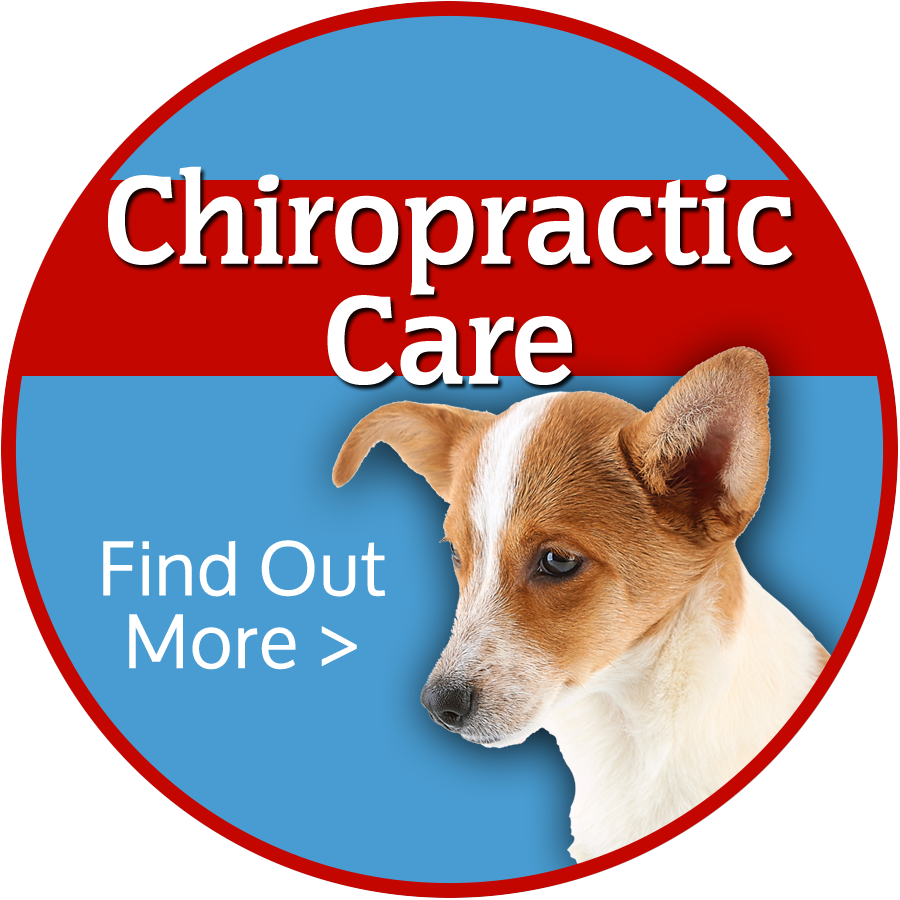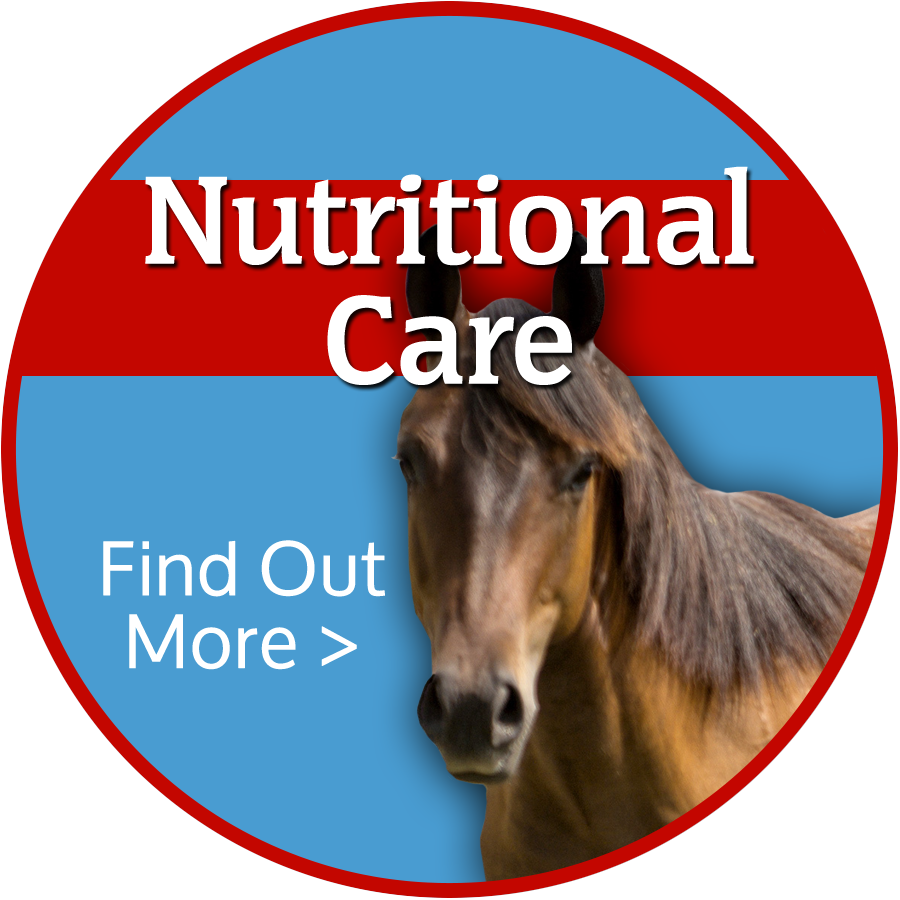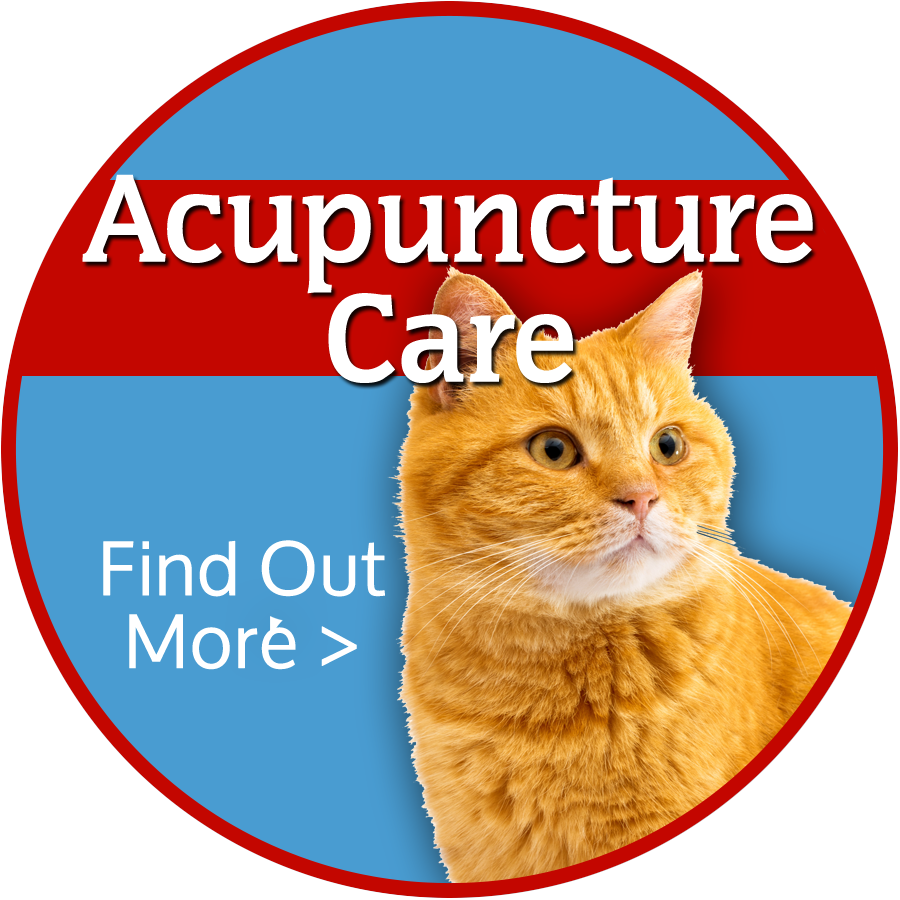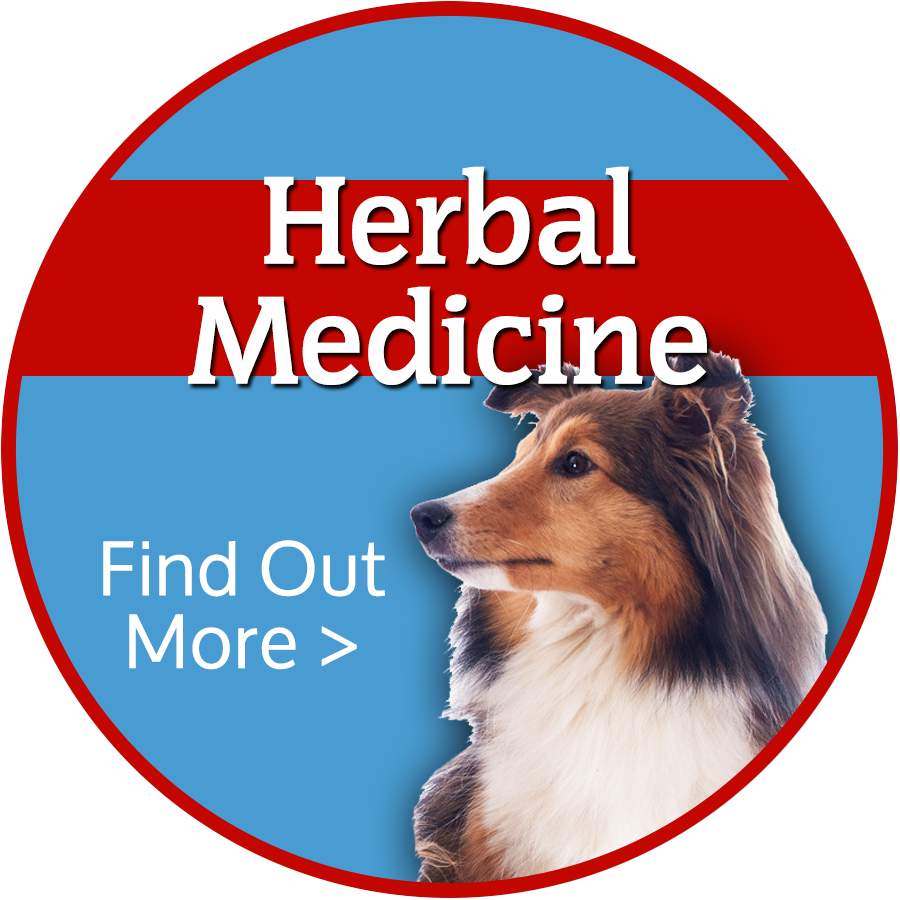
Canine Nutrition
Most of my clients want to take the best care of their pets possible, as pets are frequently an important part of their family. One of the most common questions I get as a veterinarian is: What is the best food to feed my dog? Unfortunately, there is not necessarily a simple answer. Like humans, they have unique digestive systems. I always recommend avoiding corn, wheat and soy. Many years ago a lot of dogs did well on a grain free diet, but there have been too many issues since the inclusion of legumes (peas, beans, lentils, etc) have been added to the grain free foods. Now we are experiencing an increased number of dogs with Dilated Cardiomyopathy (DCM). There is much to say on this topic and more research to be done. Please refer to my Facebook posts for more information on the topic!
So, where do I start?
I have seen a lot of issues over the years with grains in the diet, even gluten free grains. The diseases I’ve seen include seizures, urinating blood, itching, asthma, vomiting and/or diarrhea. Not every dog shows these symptoms and some dogs do better with grains. In particular though, I do not like rice. Rice absorbs heavy metal such as arsenic and mercury out of the soil it’s grown in. This means that even organic rice is affected. There are areas in the world where there do not appear to be heavy metals in the soil, but this rice is highly unlikely to be in our dog food.
Fresh food is better than processed foods for both our pets and us. There are many brands of raw, freeze dried raw, and moist foods on the market now for dogs. Some dogs do great on raw food, others do better on a lightly cooked food.
Some situations require the dogs be fed a dry food (also known as kibble). While not ideal, some dogs do well on it. Quality dry foods that I would be willing to feed my dogs are harder to come by these days.
My favorite brand is Nature’s Logic. They make several individual protein diets and the carbohydrate source is millet. They use natural (fruit, vegetable and plant) sources of vitamins and minerals. The sardine formula is low in fat and a great option for dogs that need to lose weight or are prone to pancreatitis.
Another option is Victor High Pro Plus. The carbohydrate sources in this food are grain sorghum and millet. It is too high in fat for dogs that need to lose weight. One nice thing about it is that it’s got a very reasonable price point.
Sport Dog Food makes a number of different foods that are grain free, but without any legumes. They have some that also don’t include white potatoes. They have some that have oats as their carbohydrate source rather than the rice. If you can’t find it locally, Chewy.com carries it and offers free shipping for anything over $50.
Canine Caviar carries a couple of Limited Ingredient diets that are good. They include the Free Spirit Holistic and the Open Meadow Holistic.
If you are ambitious and have more time than I do, perhaps you would like to make your own dog food. It has been shown that 90% of homemade diets are not balanced. However, there is a website called BalanceIt.com that was designed by a Nutrition Specialist. You can plug in different ingredients and get a free recipe. You do need to buy the supplement that is recommended, and use the correct amount, to balance the diet. There are ingredient options that are NOT healthy, such as pasta. Just because it’s on the list of possibilities, does not mean that it should be used, from a holistic standpoint. If you are preparing a homemade diet and need to include grains, gluten free oats is an option, as is millet. If you have questions, please schedule an appointment and I can walk you through it!
Food Sensitivities
Food sensitivities tend to occur over time when the pet has been eating the same food for a long time. Variety is just as important for our pets as it is for us! Food sensitivities can look identical clinically to food and environmental allergies. Food allergies will not be expected to be seasonal, but can change over time. It is not uncommon for pets to have both food and environmental sensitivities.
Does my dog need to take probiotics?
A healthy digestive system is important for a healthy pet, just as it is in humans! It is estimated that 70-80% of the immune system is located in the gastrointestinal system.
Your pet’s digestive system must stay populated with a healthy level of good bacteria in order to keep their immune system strong. If bad bacteria overwhelms your pet’s intestines, your dog or cat can lose its vitality and become more susceptible to illness, not to mention GI symptoms. Friendly bacteria in your pet’s gut helps their body make important B vitamins, maintain a strong immune system, and prevent an overgrowth of harmful bacteria. If this happens, it can lead to a reduced level of vitality and make your pet vulnerable to all sorts of potential illnesses.
Many things can have a negative impact on the digestive system and include:
- Food Intolerances
- Antibiotics
- Steroids
- Parasites
- Surgery
- Sudden changes of diet
- Poor quality diet
- Eating non food items (sticks, feces, grass, etc)
- Stress (travel, boarding, changes in household routine, addition of new pets, etc)
- Consumption of dirty water or even tap water that has had chemicals added to it (city water).
I am currently using Cocoyo Living Coconut Yogurt as a probiotic for my dogs and cats. It is a human product that I’ve seen at Sprouts and Natural Grocers. I give about 1/8 teaspoon to my cat daily (sometimes my IBD kitty gets it twice daily, and my big dogs do well with a 1/4-1/2 teaspoon daily. I mix it in their food and I’ve seen better results than with any other probiotic.
How can I help my dog lose weight?
Approximately half of the pet population is overweight or obese. In some cases, just controlling the calories and increasing exercise is enough to produce weight loss, but in other cases it is not.
For most dogs and cats, a weight loss of 3-5% of body weight per month is considered safe. This can be achieved by feeding 100% of the Resting Energy Requirements (RER) = the daily amount of kcals the body needs to perform no other activities except resting and performing basic metabolic functions, such as digestion, respiration and heart function.
The following formula is used to calculate RER in animals weighing between 2-45 kg (5-99 pounds). First, determine the ideal weight in kilograms (kg) by taking the ideal weight in pounds and dividing by 2.2. Next, determine the RER based on this ideal weight: • RER in kcal/day = 30 multiplied by the ideal body weight in kilograms + 70. The calories in one cup of food is often listed on the pet food bag, but you may need to look on the internet or call the company for that information.
Avoid ingredients such as potatoes and white rice that have high glycemic indexes.
Nature’s Logic Sardine is a great food for weight loss. Some dogs do best an a fresh food diet for weight loss.
And, we can’t forget to check thyroid function! Stress can also cause weight gain.
Fat-fighting functional foods include:
• High quality, bioavailable novel protein. Novel proteins are ones not typically eaten by your pet such as rabbit, buffalo, duck, etc. Protein is a critical part of a weight-loss regimen. Ideal weight loss regimens are high in protein with moderate fat and restricted in carbohydrates.
• Coconut oil (virgin, expeller-pressed, organic) is a medium chain saturated fat with health benefits ranging from immune-boosting to heart protective properties. Coconut oil also digests differently than other fats, creating a higher thermogenic effect that boosts metabolic rate, which helps to melt pounds. Always start at a low dose of coconut oil to prevent your dog from developing diarrhea. A dose for a 30-40 pound dog would be 1 teaspoon twice daily. For giant breed dogs, a dose of up to 1 tablespoon twice daily would be the maximum recommended.
• Omega-3 fatty acids, another powerful functional superfood exert a strong anti-inflammatory effect and play an important role in weight loss by activating a type of protein that turns on fat burning genes. Some omega-3 fatty acids include: fish oil, flaxseed oil, and cod liver oil.
• L-Carnitine is an amino acid synthesized in the liver and kidneys from lysine and methionine. It improves nitrogen retention, which increases lean mass and reduces fat mass. You can give as much as 500 mg to a small dog, 1,000 mg to a medium dog and 2,000 mg to a large dog, twice a day, although less is OK.
• White kidney bean extract (Phaseolus vulgaris), an extract derived from the white kidney bean acts as a starch blocker by blocking the activity of alpha amylase, a digestive enzyme found in saliva that breaks down starch. While dogs produce amylase in the pancreas, but not in the saliva, significant clinical effectiveness is seen in dogs supplemented with Phaseolus vulgaris. A good source of white kidney bean extract is Pet Naturals of Vermont K9 Slim Down Dog Chews which can be purchased online.
There are foods that prevent angiogenesis (the formation of new blood vessels) can shrink fat cells by cutting off their blood supply. Examples are: • Apples • Artichokes • Berries (blackberries, blueberries, raspberries) • Bok choy • Cherries • Curcumin (turmeric) • Ginseng • Kale • Maitake mushrooms • Olive oil • Parsley • Pumpkin • Sea cucumber
